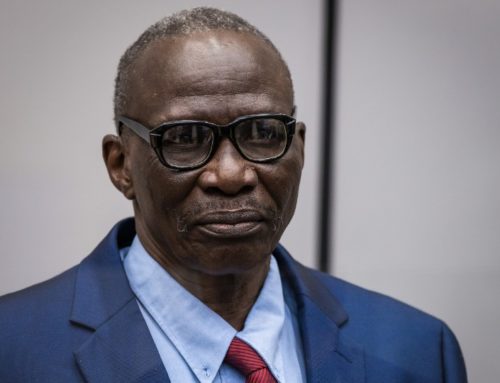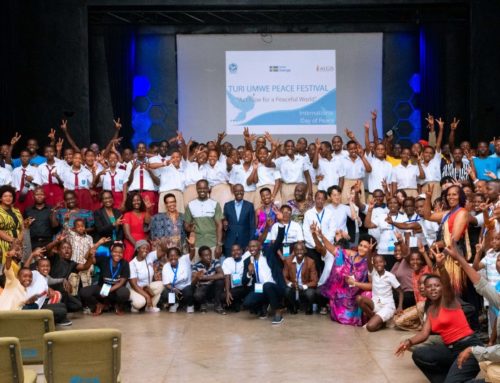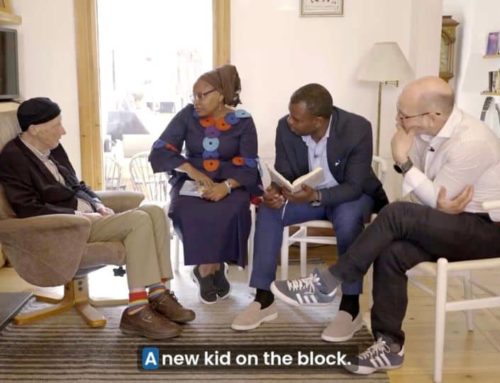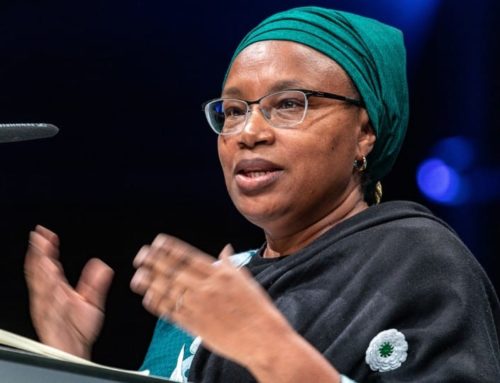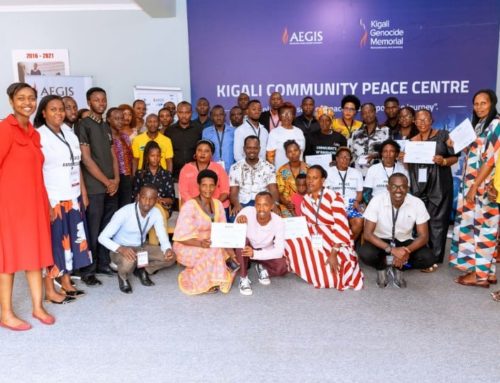13 Nov 2013 – Speaking today about rising violence in the Central African Republic (CAR), John Ging – Operations Director at the UN’s Office for Coordination of Humanitarian Affairs (OCHA) – told Fred Pleitgen of CNN’s ‘Amanpour’ show that “we see the seeds of a genocide here unless we can get on the ground in a way that stabilises the situation”.
Noting the lack of international willingness to intervene in Syria, Pleitgen asked Ging how much appetite he thought there might be to do anything to stop people killing each other in CAR.
Ging responded by invoking the memory of the UN’s last three major failures to stop genocide and crimes against humanity: “Well I sincerely hope that the Security Council, which will have this issue brought to it very shortly, will have the appetite – recalling what happened in Rwanda, recalling what happened in the Balkans, recalling Darfur,” he said.
Ging went on to note the responsibility of the international community to protect people at risk of mass atrocities in situations where their own government is failing to do so. In the case of the Central African Republic, he said, “The bottom line is, it is self-evidently obvious to anybody who goes there what is needed. There is no national security capacity, neither army nor police force, and therefore the international community has an obligation to protect that population when domestically the capacity doesn’t exist – so that’s the message we’re giving to the Security Council. It has to step up to its responsibility – it has that responsibility – and therefore it has to deploy an effective peacekeeping force to stabilise the situation.”
Ging concluded by very clearly reiterating his warning of a preventable genocide in the making: “We are very, very concerned that the seeds of a genocide are being sown in the way massacres are being committed against the two different communities by armed groups from those communities,” he said. “Of course it’s the innocent civilians that are paying the price here.
Ging’s comments come on the heels of warnings from Adama Dieng, the UN Special Advisor on the Prevention of Genocide. “We are seeing armed groups killing people under the guise of their religion and my feeling is this will end with Christian communities, Muslim communities killing each other,” Dieng said on 1 November. “If we don’t act now and decisively I will not exclude the possibility of a genocide occurring in the Central African Republic.”
Rwanda’s Ambassador to the UN, Eugène Richard Gasana, has added his voice to Dieng’s: “I had the impression it is like in 1994 at home,” he said, recalling the genocide in which around one million Tutsis were murdered almost 20 years ago.
UNICEF Goodwill Ambassador Mia Farrow has been travelling through the region in recent days. Her twitter feed, @MiaFarrow, carries chilling images drawn by children showing the killings and destruction they have witnessed. She describes driving past “countless destroyed, abandoned villages” and meeting some of the thousands of people seeking refuge in makeshift camps, their homes having been burned. “If protection doesn’t come, we will die”, she quotes.
Two weeks ago, the Aegis Trust was one of a dozen non-governmental organisations which called for the international community to act swiftly to prevent atrocities and ensure civilian protection in CAR. The need for such action is increasingly urgent.
“In 1993, the international community chose to ignore growing warning signs of a coming genocide in Rwanda,” says Dr James Smith, Chief Executive of the Aegis Trust, which is responsible for the Kigali Genocide Memorial – a site where some 250,000 victims of the 1994 genocide lie buried. “Again in 2003, systematic displacement and mass murder were being ignored in Darfur, even as the head of the UN in Sudan, Mukesh Kapila – now Aegis’ Special Representative on Crimes Against Humanity – strove to focus diplomatic attention on the violence,” he says. “Another decade on, and today the warnings of potential genocide in the Central African Republic could not be clearer. The UN Security Council – indeed all of us, as part of the global community – have the opportunity to get this one right.”


